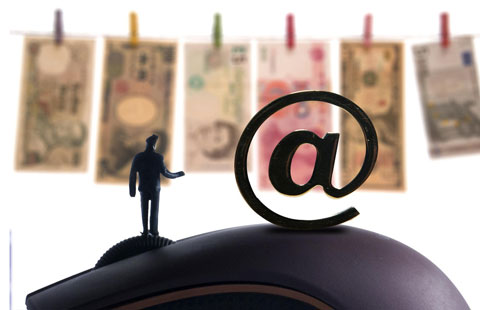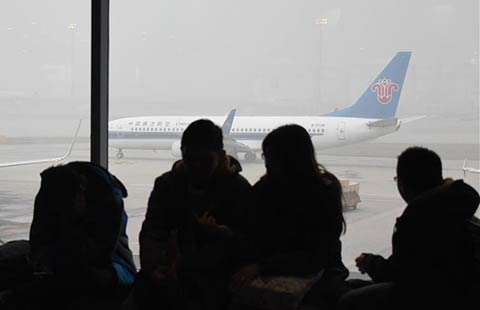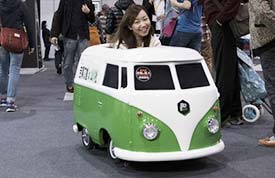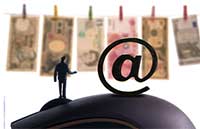VAT reform to go across all industries in 2016
(Xinhua) Updated: 2015-12-29 08:10BEIJING - China's value-added tax (VAT) reforms will be implemented across all industries in 2016, an official with the Ministry of Finance (MOF) said on Monday.
The country will replace business tax with VAT in the remaining four industries -- finance, construction, property and consumer services, according to Lou Jiwei, head of the MOF.
Business tax refers to a levy on the gross revenue of a business while VAT refers to a tax levied on the difference between a commodity's price before taxes and its cost of production. A pilot scheme on business tax-to-VAT was tested in 2012 and gradually been expanded to industries including transportation, telecommunication and postal service.
One objective of VAT reform is to alleviate the corporate tax burden. From 2012 to the first half of 2015, the measure has resulted in tax savings of over 484.8 billion yuan ($75 billion), accounting for 0.2 percent of GDP in the period, according to a report by China International Capital Corp Ltd (CICC), the country's first joint venture investment bank.
Once all industries shift to VAT in 2016, the overall tax saving will be more than 900 billion yuan, or 0.4 percent of GDP, CICC predicted.
VAT can encourage firms to outsource more services rather than adopting a do-it-all business model, promoting the development of the service sector and the upgrading of manufacturing industries, the report added.
- China creates 64 million new jobs in 2011-2015
- Xinjiang sees drop in foreign trade
- Beijing-Havana direct flight helps boost tourism: Chinese Ambassador to Cuba
- Seven firms raise $1.19m on debut at high-tech OTC board in Shanghai
- New policies set to boost A-share market
- Time to put the brakes on this motorized menace
- Stock listing reform to usher in new era for China's stock market
- Hainan to raise duty-free ceiling to boost spending

















